Therapy
Therapy translated from Greek means ‘medical treatment’ that is intended to stop negative manifestations of the disease and to improve the patient’s condition. Therapeutic area of the Dobrobut MC Network incorporates various medical specialists working for prevention, diagnosis and treatment of diseases by pharmaceutical and conservative methods.
The main task of the general practitioner is to monitor the patient's health, prevent the development of the disease, identify the disease in the early stages and provide timely treatment. The GP is skilled to diagnose and prescribe treatment for common diseases of the digestive, cardiovascular, respiratory, endocrine, nervous and immune systems. It is in the GP’s competence to provide recommendations for the prevention and prophylaxis of diseases, including changes in the lifestyle, diet and others.

Therapeutic area in the Dobrobut MC Network
More about other therapeutic areas
The therapeutic area of the Dobrobut MC Network offers a full range of therapeutic services from the initial examination and consultation to the inpatient treatment and rehabilitation.
The GP is your first doctor to receive consultation and diagnosis for any health problems. The Dobrobut MC Network is staffed with over 100 general practitioners, who annually consult more than 60,000 patients.
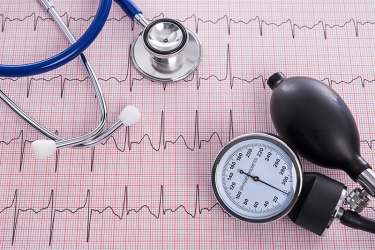
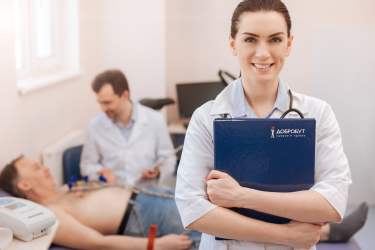

Diagnostics in therapy
Highly qualified doctors of the Dobrobut MC Network have access to state-of-the-art medical equipment, which allows making accurate diagnosis of almost all internal diseases. Here you can undergo executive checkup and laboratory tests necessary for diagnosis, as well as physiotherapy and rehabilitation procedures guided by a GP.
For making final diagnosis decision and choosing most effective treatment tactics, the GP may refer a patient to consult with medical specialists of the Dobrobut MC Network.
Laboratory diagnostics in therapy
Laboratory testing allows obtaining objective data on the patient’s health status, making a diagnosis and prescribing appropriate treatment. It is laboratory examination that is crucial in detecting many diseases.
Based on the results of the laboratory tests, a doctor can:
- confirm or rule out the initial diagnosis;
- determine the severity of the disease;
- monitor the recovery dynamics
The most common laboratory tests prescribed by a doctor for diagnosis in the first place are blood count, biochemical blood panel, blood sugar testing, general urinalysis and coprogram.
Blood Count
Blood count is prescribed to prevent and detect diseases at an early stage, when there are no pronounced symptoms yet.
Blood count provides clinical data on the patient’s overall physical well-being. It allows detecting:
- problems with hematopoiesis;
- acute and chronic inflammatory processes;
- allergic reactions;
- impairments of the body reactive response
Blood count is usually done on an empty stomach.
Coprogram (general analysis of feces)
Coprogram helps detect pathological processes in the digestive system. It is prescribed if a person has any kind of digestive problems. The coprogram gives information about the processes developing inside your body and indicates any disorders in the work of the gastrointestinal tract, liver and gallbladder. Based on the data obtained, the doctor prescribes treatment.
Biochemical blood panel
Biochemical blood panel provides information about the work of internal organs and body systems. It is prescribed for:
- diagnosis of acute and chronic diseases of liver and kidneys;
- getting information about the metabolism of carbohydrates (to detect diabetes mellitus);
- determining the level of lipids (risk of developing atherosclerosis);
- determining the level of glucose, total protein, bilirubin, cholesterol and other blood parameters, which may indicate a potential risk of developing diseases or indicate the existing body processes.
Biochemical blood panel is recommended once in 3-4 years for disease prevention and once a year to monitor development of the chronic disease of internal systems and organs over time. Biochemical blood panel helps determine the treatment effectiveness.
Urinalysis
Urinalysis is needed for case follow up and detection of diseases of the kidneys and urinary tract. The results of the urinalysis are helpful for prescribing treatment, while the repeated urinalysis allows assessing its effectiveness.
Instrumental diagnostics in therapy
The Dobrobut MC has everything in place to perform comprehensive examination of internal organs and systems. We use modern, effective and patient-safe equipment of the world's leading manufacturers of medical equipment.
The most common methods of instrumental diagnostics are as follows:
- ultrasound diagnosis;
- CT scan;
- magnetic resonance imaging;
- Holter monitoring;
- electrocardiography (ECG);
- angiography of blood vessels;
- Doppler ultrasonography of blood vessels;
- radiography;
- mammography;
- endoscopic methods.
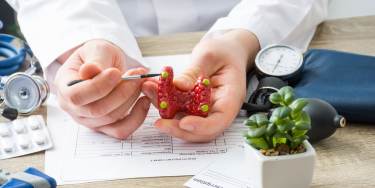
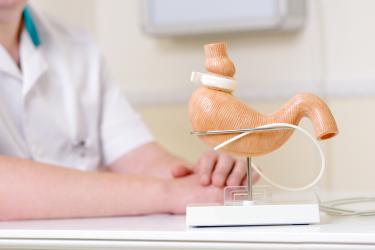
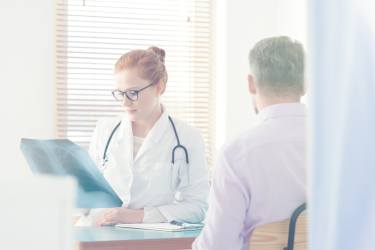
Adult Vaccination
Most people think that vaccination is only children. This common misconception accounts for 80% of the adult population of Ukraine not protected against serious and dangerous diseases, which may only be prevented by vaccination.
The national vaccination schedule provides for vaccination of the diseases for which vaccination is the only way to avoid them or reduce the risk of complications in case of infection.
Therefore, it is important not only to vaccinate children on time, but also to be revaccinated in adulthood.
Adults also have their own vaccination schedule. It is mandatory to be vaccinated against:
- diphtheria and tetanus: the first adult vaccination is done at the age of 26, then revaccination is required every 10 years;
- measles, rubella and mumps: most often, vaccination against these diseases is done in childhood, but if test does not show the immunological status, it is necessary to repeat the vaccination in adulthood;
- hepatitis B: now this vaccination is mandatory from birth; adults who did not receive this vaccine in childhood should be vaccinated at any age (three doses with an interval of 0-1-6 months).
In addition, there is a list of optional vaccination against:
- pneumococcal infection: it is especially recommended for people over 55, as pneumonia in elderly people develops with complications;
- chickenpox: this infection has many unpleasant consequences and complications. Adult with chickenpox is at risk of developing pneumonia, meningitis or encephalitis. You can get vaccinated at any age, 2 times with an interval of 4-6 weeks;
- meningococcal infection: it is mandatory for military and medical workers;
- influenza: it is recommended for pregnant women at any gestational age, patients with a history of chronic diseases (diabetes, cardiovascular diseases, obesity, chronic lung disease, asthma), patients over 65 years;
- hepatitis A: hepatitis has serious complications and severe course in adults;
- HPV virus infection: there is evidence that this infection can cause cervical cancer. It is recommended for adolescent girls before puberty and first sex. If vaccination was not done on time, it can be done in adulthood after consulting a gynecologist and test for HPV.
Our advantages
Our services
Our service packages
Our therapists
Choose the nearest clinic to you
ISO certificates
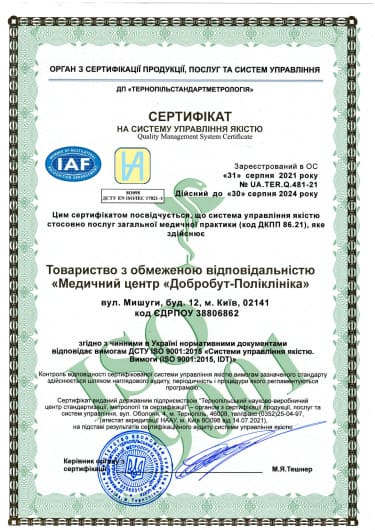
Accreditation certificates
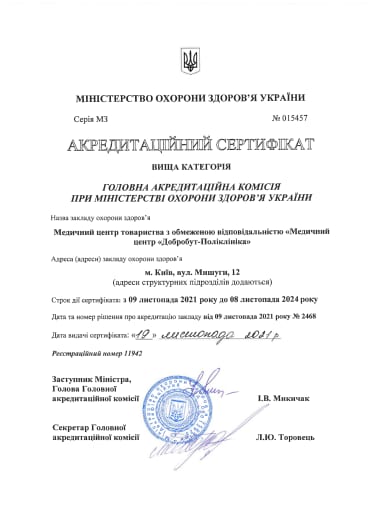
Medical practice licenses
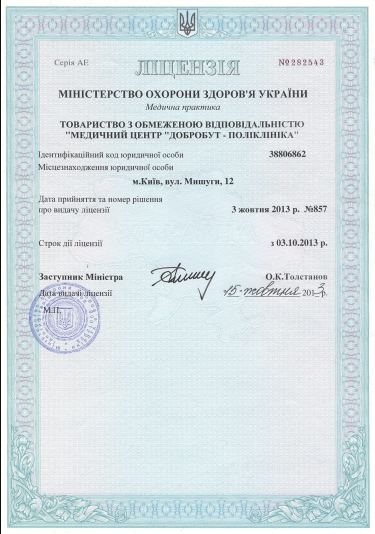
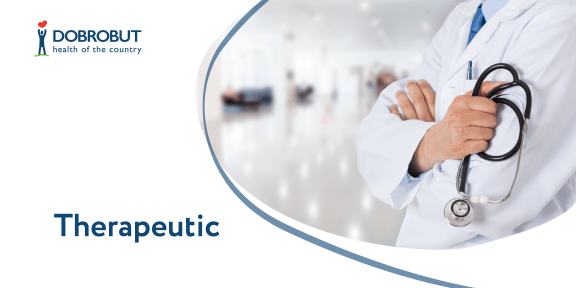










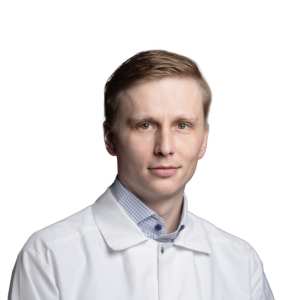

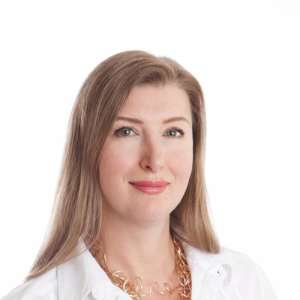


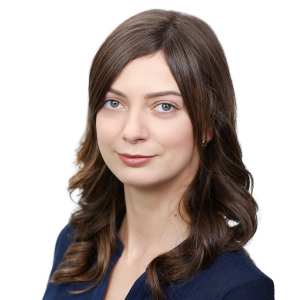


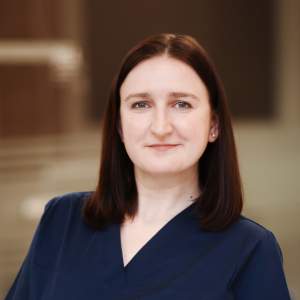






















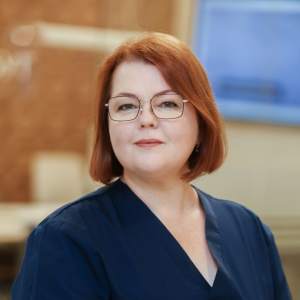







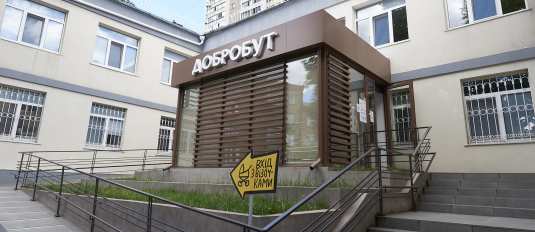






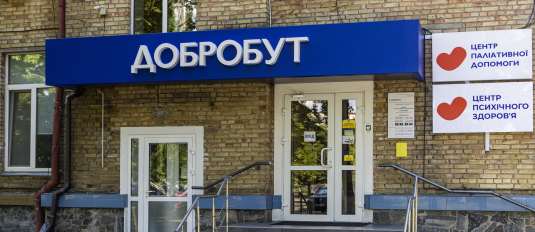
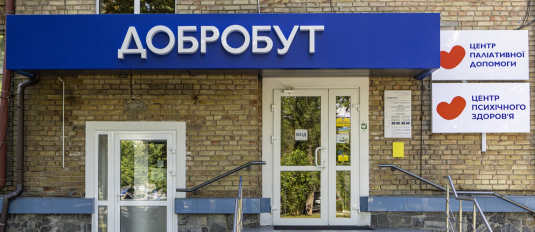
%402x.png)
%402x.png)
